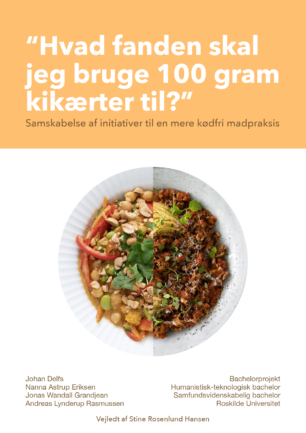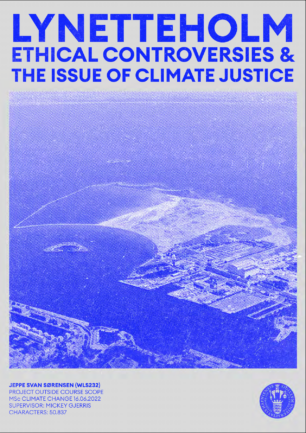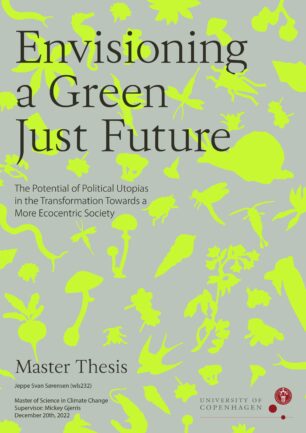Abstract
This paper examines cocoa agroforestry as a sustainable alternative to conventional agriculture and a method to reduce deforestation in the Bolivian Amazon. To understand the sustainability of cocoa agroforestry in practise, a case study is made based on two cases of cocoa agroforestry. Both cases fulfill a high degree of environmental protection, social benefits and, in the long term, economic benefits as well. However, a major barrier for the system to compete with conventional agroforestry on a large scale is short-term economic and knowledge support from outside organisations.





Comments